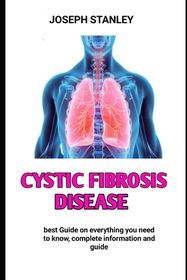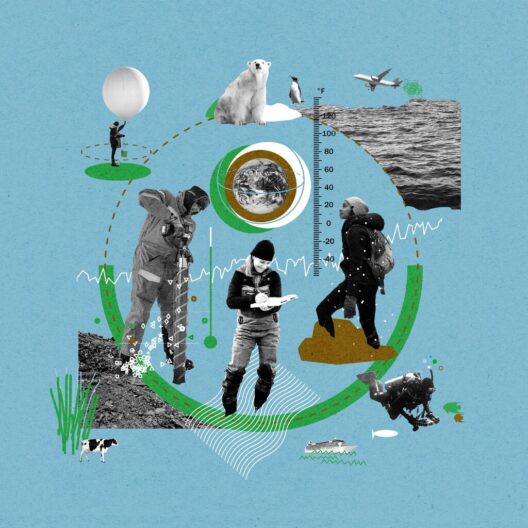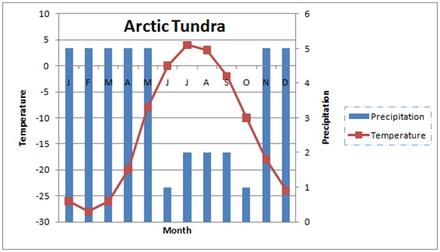Cystic fibrosis (CF) is a genetic disorder that profoundly impacts the respiratory and digestive systems, necessitating that individuals diagnosed with this condition manage their health meticulously. One of the striking features of cystic fibrosis is the substantial energy expenditure required for its management. Patients often experience fatigue that can be attributed not only to the challenges posed by the disease but also to the treatments themselves, which can be arduous and time-consuming. Therefore, conserving energy becomes an imperative part of daily life for those with cystic fibrosis. This article delineates strategies that can be employed to conserve energy effectively, enhancing overall well-being and quality of life for these individuals.
To begin with, grasping the overarching concept of energy management is critical. Patients with cystic fibrosis frequently face unique challenges that result in diminished physical stamina. The incessant battles against infections, the routine inhalation therapies, and the physical exertions involved in maintaining optimal lung function all require substantial energy reserves. Recognizing this, conscious efforts to manage and conserve energy can yield significant benefits.
One practical strategy is to streamline the daily routine. A structured schedule that prioritizes essential tasks can reduce both physical and mental fatigue. For instance, it is advisable to categorize daily activities into essential and non-essential tasks. Identifying what truly necessitates energy expenditure allows for a focused approach, ensuring that the patient reserves their strength for what is most critical. Utilizing tools such as planners or organizational apps can assist in maintaining an efficient daily agenda.
Furthermore, it is essential to harness the power of delegation. Enlisting the support of family members, friends, or caregivers not only alleviates the physical burden of household tasks but also reinforces emotional well-being. Coupled with this, the implementation of assistive devices, such as reachers or grabbers, can facilitate independent living while conserving energy during daily activities. Activities like cooking or cleaning can become far less taxing with the proper adaptations in place.
In considering physical activity, it is crucial to approach exercise with both caution and strategic intent. Regular, moderate exercise is beneficial for lung health, yet for those with cystic fibrosis, energy conservation during workouts is paramount. Engaging in short, high-intensity intervals, rather than lengthy sessions, can optimize cardiovascular benefits while minimizing fatigue. Exercises that are low-impact, such as swimming or cycling, can also provide excellent cardiovascular stimulation without undue strain on the body.
Nutrition plays a pivotal role in energy conservation as well, particularly given that individuals with cystic fibrosis often experience malabsorption of nutrients. A diet rich in calories, vitamins, and proteins can help fortify energy levels. Consideration of meal patterns is equally significant; smaller, more frequent meals can facilitate better digestion and help maintain steady energy throughout the day. Planning meals in advance can mitigate the exertion involved with cooking daily, further preserving energy.
Hydration is another crucial factor that cannot be overlooked. Patients with cystic fibrosis need to remain adequately hydrated, as this can ease mucus clearance and alleviate respiratory distress, ultimately fostering better energy levels. Keeping beverages within reach and establishing reminders to drink water can ensure proper fluid intake without necessitating significant effort. Patients should also remain cognizant of their electrolyte balance, particularly during hot weather or after physical activity.
Sleep quality is vital in the context of energy conservation for individuals with cystic fibrosis. Perturbed sleep patterns can exacerbate feelings of fatigue and diminish the body’s resilience. Establishing a soothing bedtime routine, optimizing the sleep environment, and limiting screen time before bed are strategies that can enhance sleep quality. Moreover, patients should be attentive to their body’s need for rest; honoring these cues is essential in energy management.
In the realm of respiratory therapies, utilizing technology can be a godsend. Devices that allow for shorter treatment times while maintaining efficacy can significantly reduce the energy burden associated with respiratory care. Moreover, incorporating technology such as nebulizers that are portable or utilizing airway clearance devices can afford flexibility, allowing treatments to be superimposed upon daily activities, thus preserving energy for essential tasks.
Emotional well-being is an often-overlooked aspect of energy management. Chronic illness not only physically drains patients but can also lead to emotional fatigue. Engaging in activities that nurture mental health—such as mindfulness meditation, yoga, or simply spending time in nature—are effective ways to recharge. Community support groups can also bolster psychological resilience, enabling patients to share experiences and strategies for managing fatigue.
In conclusion, the journey of a patient with cystic fibrosis is undoubtedly arduous, yet through intentional energy conservation strategies, it is possible to manage this vital resource effectively. From structuring daily routines to enhancing nutritional intake, every small adjustment contributes to a more sustainable energy management regimen. Emphasizing the significance of rest, support, and technology can create a supportive environment that promotes health and well-being. Cystic fibrosis may present distinct challenges, but with conscientious energy conservation, individuals can lead fulfilling lives, filled with moments that transcend their condition.








